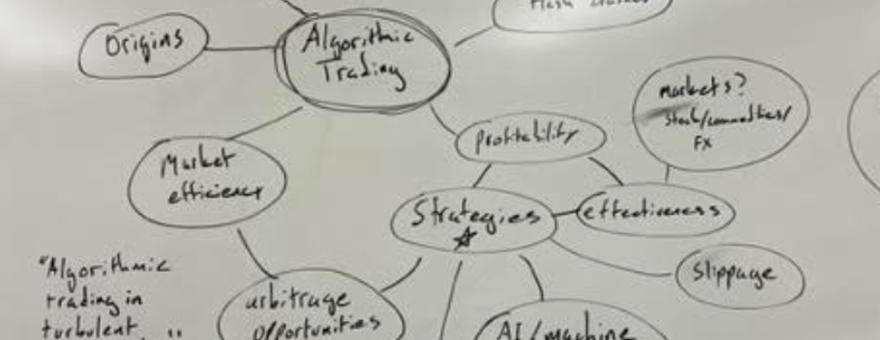
Generative AI has created some challenging new realities for instructors. While initial concerns focused on academic integrity and the risks of GenAI being used as a replacement for student work, emerging concerns are developing around the ways students may be differently impacted by these advances. Last fall, Indiana University was subject to media scrutiny and a lawsuit after its AI detection technology, Turnitin.com, systematically produced false positive results for work submitted by multilingual students.









Posted by Daniel Emery // // 0